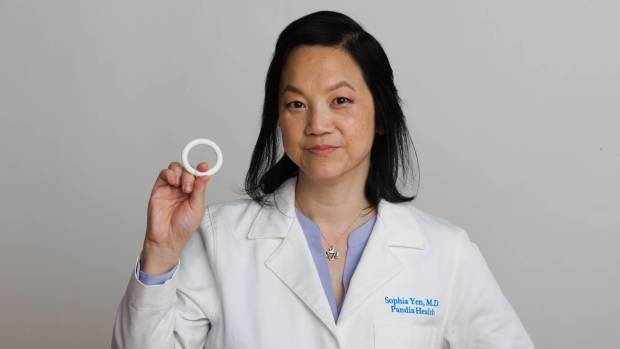
As multiple states continue fighting to outlaw abortion following the Supreme Court's overturn of Roe v. Wade in June 2022, demand for different kinds of birth control has reached new heights.
Multiple clinics have reported larger-than-typical numbers of patients asking about both long- and short-acting contraception while the global market for hormonal birth control is projected to grow from $14,324 million in 2019 to $24,412 million in 2027.
DON'T MISS: Birth Control Stocks May Benefit From Reversal Of Roe V. Wade
Dr. Sophia Yen, a professor specializing in childhood obesity at Stanford Medicine Children's Health, began Pandia Health with four other colleagues in 2016 after observing a market among women who were constantly returning to their clinics to renew the same birth control prescriptions. When she talked to them, many said that they wished the process could be made quicker and simpler.

Pandia Health
These Are the Links Between Medicine and Running a Successful Business
The service, which delivers packs of popular birth control medication to one's doorstep, is available in all 50 states. It is free for those covered by insurance and costs between $7 and $15 per pack for those without. Those without a prescription can also get one through a doctor evaluation with Pandia for $30.
"I started Pandia so that no one runs out of birth control on our watch and so that anyone who's on the pill, patch or ring can set it and forget it," Yen told TheStreet. "You get free delivery and we'll send one pack, three packs, six packs, nine packs, thirteen packs — whatever your insurance will allow and whatever your doctor wrote for."
According to Yen, demand for the service surged after the Supreme Court overturned the constitutional right to abortion in June 2022. Pandia Health saw three times the customers and quickly began scaling their business.
"A common misperception as the CEO is that you'll say stuff and it will get done," Yen said. "That's what I was used to as a doctor. I give an order and then the nurses execute. As a CEO, there are definitely people dynamics that I hadn't anticipated."
'Working Together Toward a Common Goal' Is Key To Any Business
An early challenge was raising the $650,000 necessary to get the business off the ground — together with her co-founders, Yen began pitching the idea to friends and family members. This is where starting the business later in Yen's career proved to be a benefit.
"As an older person, my connections are the head of the OB-GYN department, the head of pediatrics and the head of student health — not just the newbie that came out of college," Yen said. "When I asked for help, I got good help."
After the first batch of customers started to find Pandia Health online, investors such as Precursor Ventures and Allectus Capital also got onboard. Yen now leads a team of 20 doctors with different specializations who are all available for consultation.
Along with expanding the delivery service for menopause medication, Yen is currently looking at ways to incorporate AI and telehealth to keep costs lower and reach more customers — another goal is to build an algorithm that would help visitors to Pandia's website select the right birth control or menopause treatment for them.
"A part of both medicine and entrepreneurship is working together on a common goal," Yen said. "And that is really what we're doing with Pandia Health — helping women and preventing unplanned pregnancy inspires us."
Receive full access to real-time market analysis along with stock, commodities, and options trading recommendations. Sign up for Real Money Pro now.







